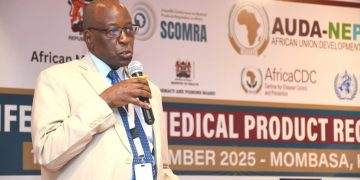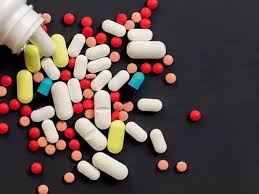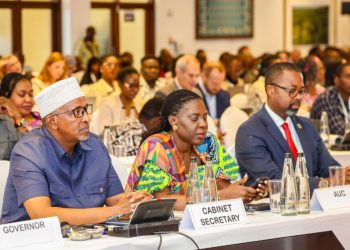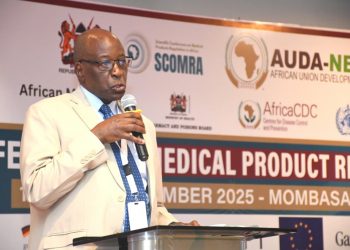The Pharmacy and Poisons Board (PPB) has dismissed reports circulating on social media alleging that Kenya is facing an impending drug shortage following claims that over 21,000 medical products were to be blocked from importation.
In a statement issued on Sunday, October 5, 2025, the Board described the claims as “false, misleading, and intended to cause unwarranted public anxiety,” assuring Kenyans that the supply of medicines remains stable across the country.
“Contrary to these falsehoods, there is no blockade of medicines in Kenya,” the statement read. “The Board has duly retained approximately 9,000 registered medical products that meet national and international standards for safety, efficacy, and quality.”
The controversy began after reports suggested that the regulator planned to bar tens of thousands of pharmaceutical products from entering the country
.
However, the PPB has clarified that the process in question is a routine renewal of marketing authorizations is a standard practice conducted every five years to ensure all medicines in circulation comply with updated safety and quality benchmarks.
Under the Pharmacy and Poisons (Registration of Health Products and Technologies) Rules, 2022, market authorization holders are required to renew their product registrations by 31 December 2025. This process, PPB says, helps maintain high standards and protects the public from outdated, falsified, or substandard medicines.
“This process is a routine regulatory measure, not a ban or restriction on medicines,” the Board emphasized.
The Board also hinted at pushback from what it termed “unscrupulous individuals and cartels” resisting efforts to clean up Kenya’s pharmaceutical market.
“Our ongoing efforts to eliminate illegal importers and remove unregistered, unauthorized, falsified, and substandard products from the market are meeting resistance,” the statement noted.
PPB reaffirmed its commitment to upholding the integrity of Kenya’s pharmaceutical sector, vowing to continue enforcing regulations that safeguard public health.
In the wake of misinformation spreading online, the Board urged Kenyans, health professionals, and the media to rely only on official communication channels for updates on medicine regulation and availability.
“The official PPB communication channels remain the primary credible source of regulatory information,” it said. “The Board will continue to communicate transparently and work collaboratively with all stakeholders to ensure sustained access to safe, quality, and effective medical products.”
Kenya’s pharmaceutical industry has faced growing scrutiny amid global challenges in medicine supply chains and increasing public concern about counterfeit drugs. The PPB’s latest statement appears aimed at calming fears while reinforcing its regulatory authority.
As the December 2025 renewal deadline approaches, the Board insists that the process will strengthen not disrupt the nation’s medicine supply system.
“There is no cause for concern regarding medicine shortages,” the statement concluded. “Our priority remains the health and well-being of every Kenyan.”















